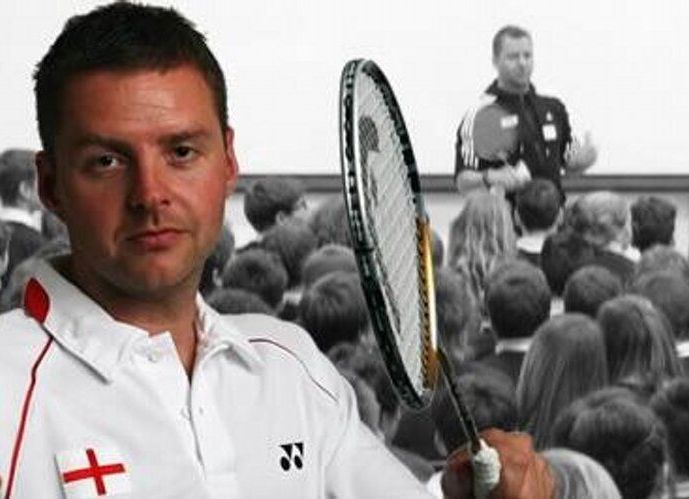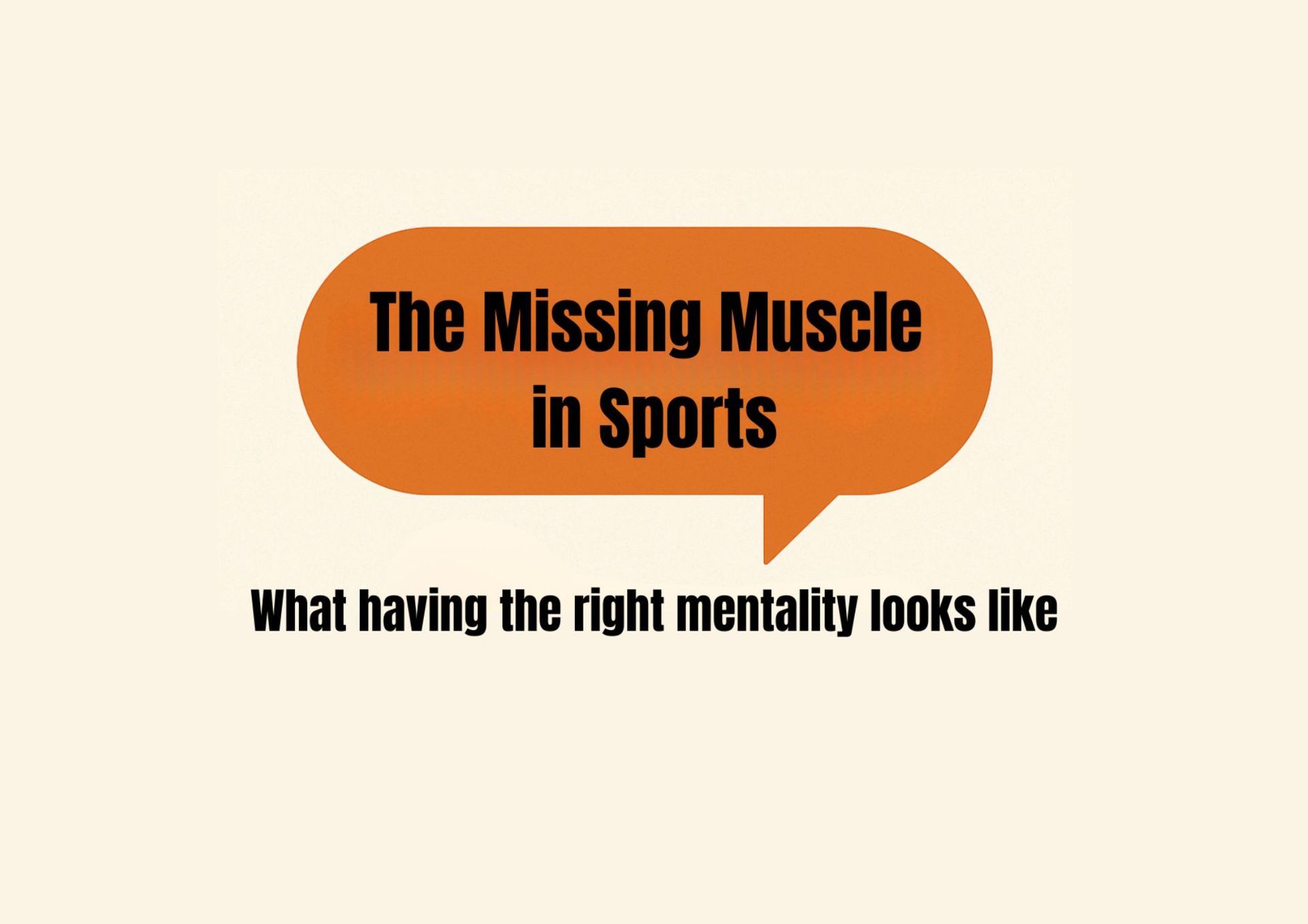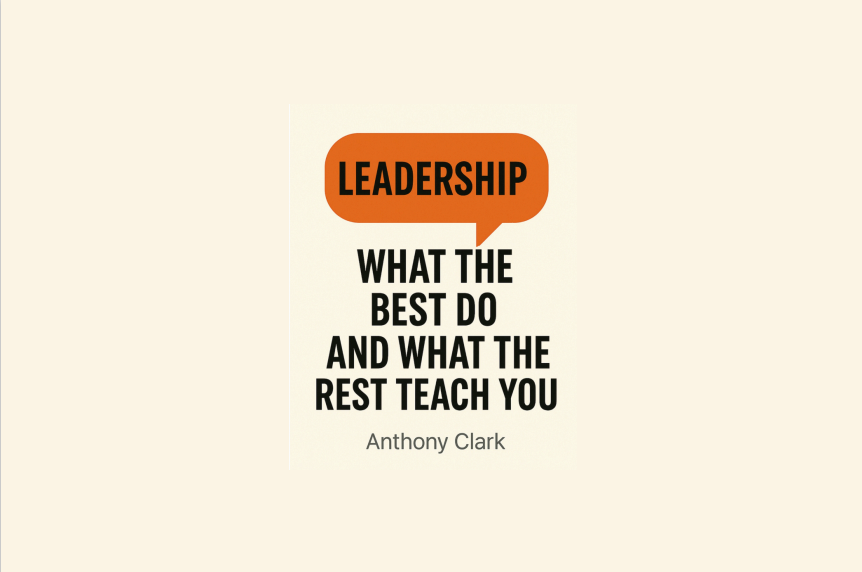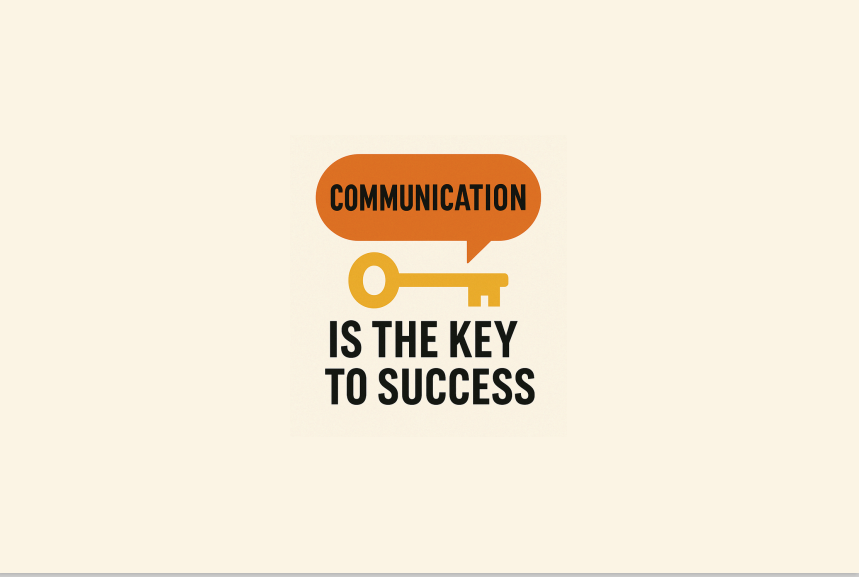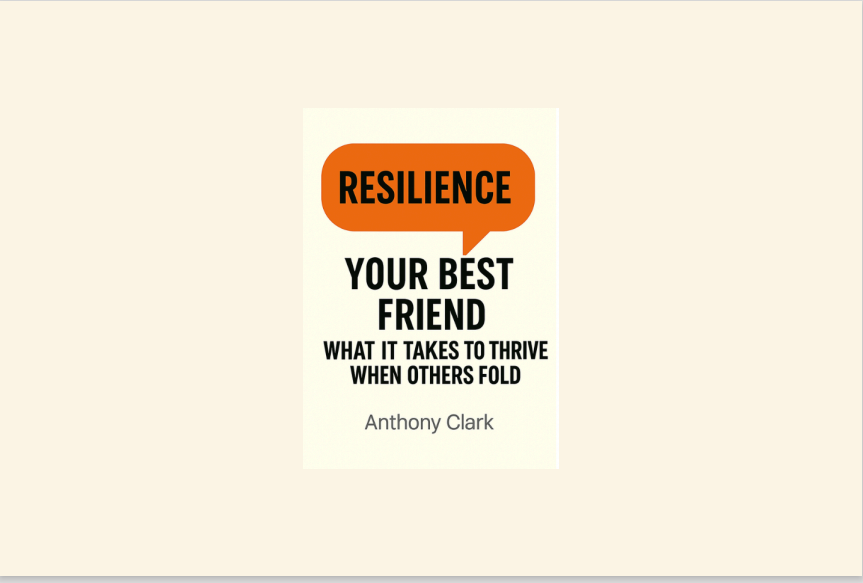Striving for Excellence: What it really takes
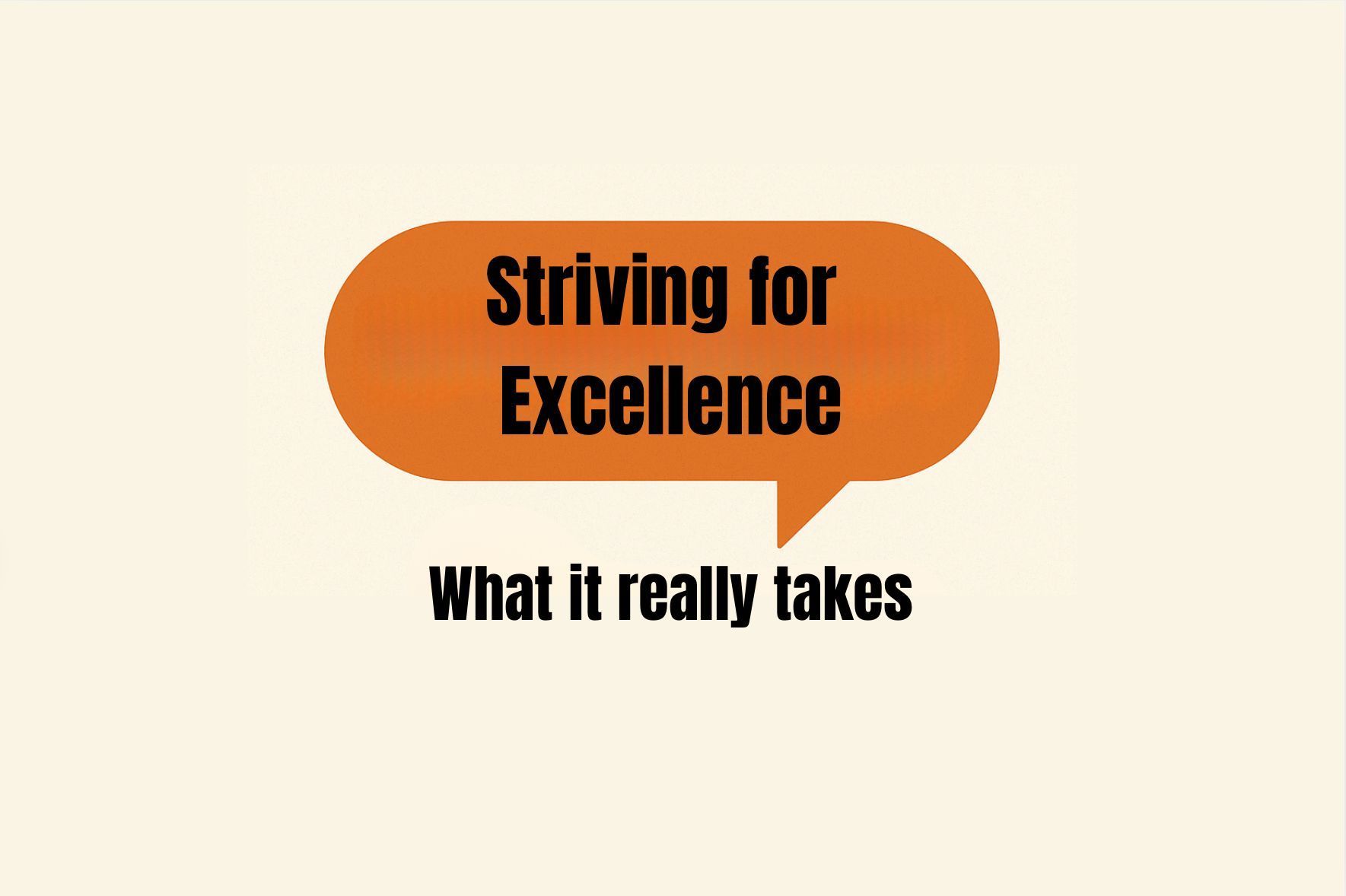
Striving For Excellence: What it really takes
Too many people confuse striving for excellence with playing your best, feeling fresh, or hitting clean winners. But those “golden racket days” are rare. You don’t build greatness on your best days. You build it on the ones where everything feels heavy, nothing is clicking, and the only thing you’ve got left is the decision to keep going.
Excellence doesn’t wait for motivation.
Striving for excellence is doing everything correctly, especially when you don’t feel like it. That’s not theory. That’s lived experience. I’ve seen it in athletes who consistently got up hours before training to prepare properly. Not just to beat traffic, but to shower, fuel properly, stretch, and make sure their body was fully ready for work. They knew that if you just roll out of bed and stroll into training, the session will reflect that. Poor breakfast, poor focus, poor output. And that adds up. Every single day.
Excellence prepares for pressure.
I’ve worked with athletes who told me they couldn’t possibly train with the focus, emotions and stress like they face in tournaments. It was too emotional. Too draining. But this is exactly what they needed to have been doing. I guess the reality of thinking you know what it takes to get to the top and the actual reality are far apart. Striving for excellence means building a mental habit of going there every single day. Repeatedly placing yourself in the same emotional space as competition, so when pressure comes, it’s familiar, not foreign. That doesn’t make it easy, but it makes it survivable.
Excellence embraces suffering.
One summer, our S&C coach made us do the bleep test three times back-to-back, with ten-minute breaks in between. Not to test fitness, although of course that was part of it, in fact it’s the fittest I have ever been. But to test how we handled the suffering.
My coaches were willing to experiment in the pursuit of excellence. We understood that physical training alone wasn’t enough. We had to replicate the stress, the anxiety, and the emotional pressure that occurs in competition. Because if you don’t train with those feelings, they’ll overwhelm you when it matters most.
That’s why we pushed the boundaries. We wore 10kg weight vests and did 30 sets of 30-second shadow badminton at maximum intensity, then followed it with 90 minutes of single shuttle routines. It wasn’t designed to be comfortable. That wasn’t the point. The point was to simulate pressure, fatigue, and emotional strain and then learn how to stay composed and deliver anyway.
Excellence goes full tilt from the first hit.
Striving for success isn’t about settling into the day, finding your groove, and then going hard at the end to impress your coach. If that’s your plan, you’ve already missed the point. You can’t walk into training like a warm-up act and expect to leave like a headline performer.
Striving for excellence is about going full tilt from the first hit, throw, action, or word of the day. And then holding that all-in approach for as long as you possibly can.
No matter what the session is, you have to give it everything you have. Cruising along when you’re tired or deciding to sack it off because you feel drained just shows weakness. If you’re truly aiming for the top, you must go 100 percent of what you have. Even when you know you don’t have much left in the tank. That kind of commitment separates those who talk about excellence from those who live it.
Excellence has no off switch.
If you are serious, you cannot afford to coast. You cannot just turn it on during tournaments, especially against opponents better than yourself. Excellence has no off switch, and if you are truly committed, you would not want one.
“If you only go hard when eyes are on you, you’re not chasing excellence — you’re chasing approval.”
I have gone swimming on rest days. I have trained through pain. I have made sacrifices that most people never see, not for attention, not for praise, but because the goal demanded it. I know other players who lived the same way, not just showing up, but showing up prepared, sharp, and obsessed with progress.
Excellence became about more than me. As an athlete, I lived 70 miles from the National Centre. I got married at 22, and by the time I was 25, I had two kids. Suddenly, it wasn’t just about me anymore. I had something bigger to fight for, something I refused to let down. That’s why I arrived 45 minutes before every session to train on my own before the actual training began. That’s why I spent evenings doing wrist training, shoulder rehab, cycling with friends, or swimming on days off. I simply became obsessed with trying to improve. Effort would never be the reason I didn’t make it to the top.
Excellence breaks you and rebuilds you.
When you’re pushing yourself to the absolute limit from the first shot, trying to see how far you can go before you eventually crumble, you will hit breaking points. That’s not weakness. That’s human. No one can go full throttle, every minute of every day, without hitting the wall.
For me, those days usually came on a Wednesday. My partners and I called them Black Wednesdays. You’d drag your body through the day wondering how you’d make it to Friday. But when you train like this, when you drive for excellence every single day, something powerful happens. Those Black Wednesdays become fewer and fewer. Recovery becomes quicker. You build the capacity to bounce back faster. And that’s what striving for excellence really gives you. Not perfection, but resilience.
Striving for excellence is a choice, one you make long before the spotlight ever finds you. It is built in the early mornings, the lonely sessions, the moments no one else sees. It is built when you say yes to the hard thing, again and again, because deep down you know it will take everything. But that is exactly what makes it worth chasing.
Excellence is not for the lucky. It is for the relentless. And if you are willing to keep showing up, to keep raising your standards, and to keep believing that more is possible, then you are already on the path. Stay there.






